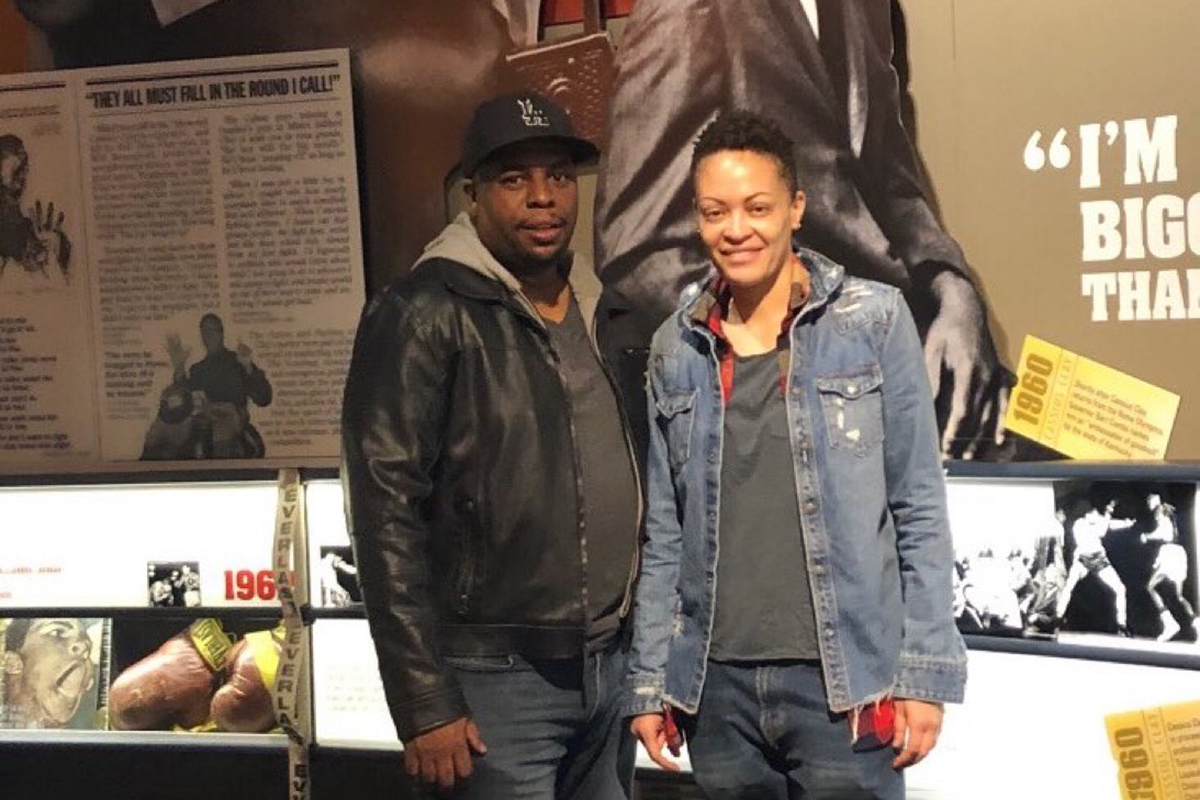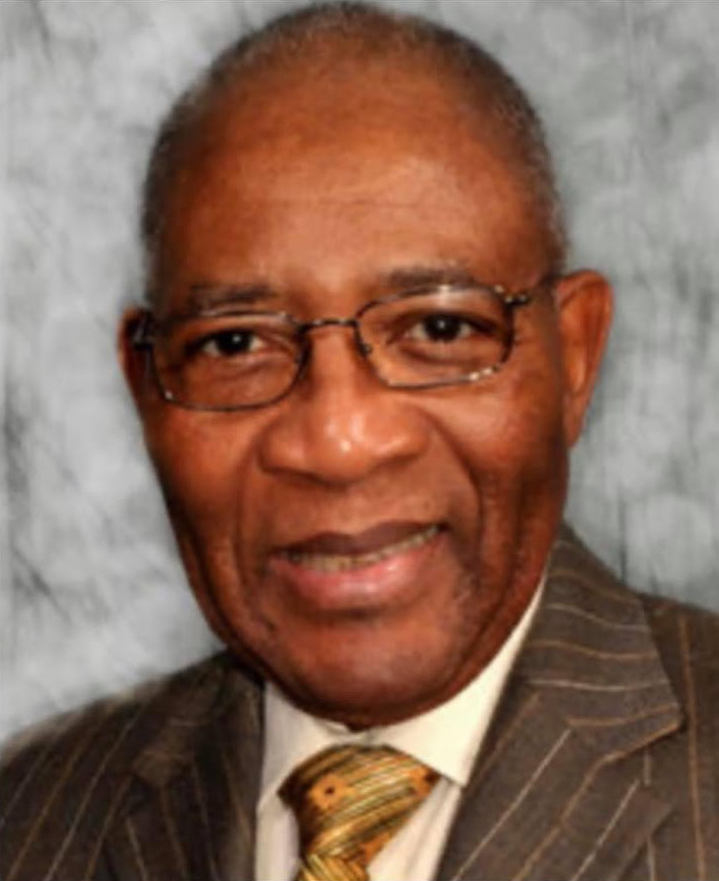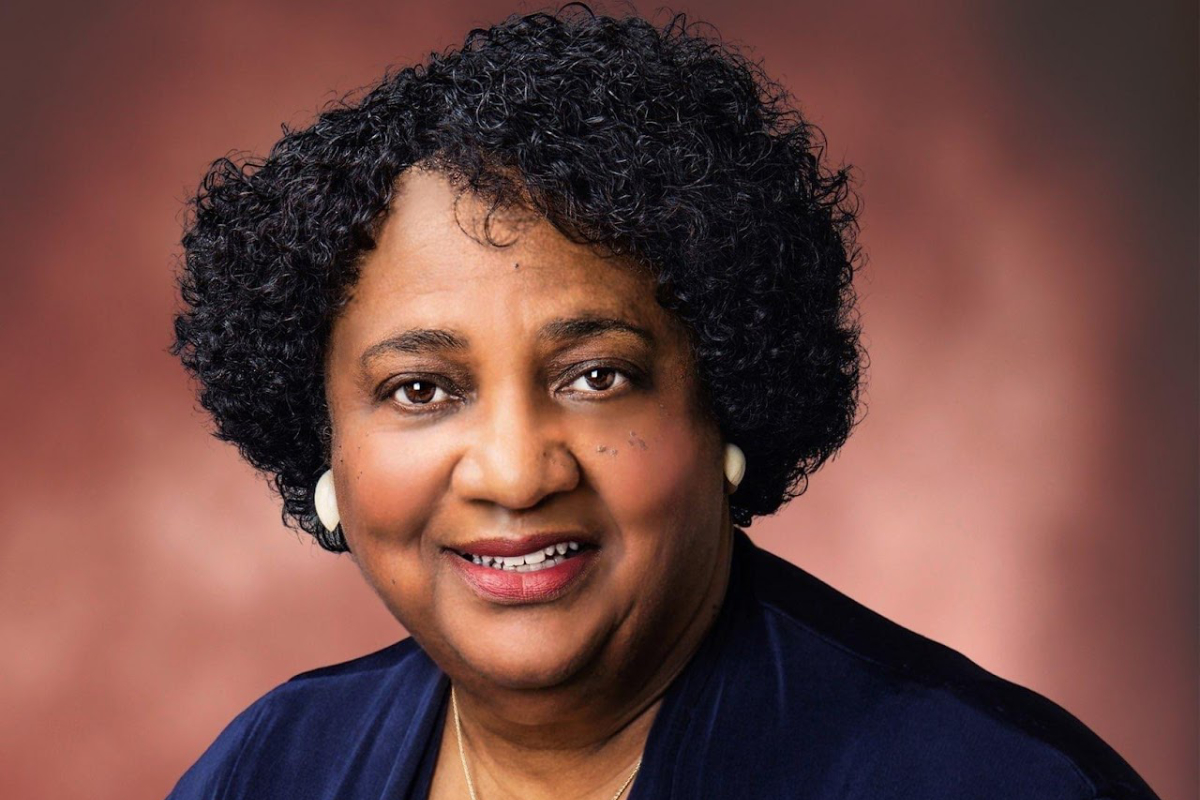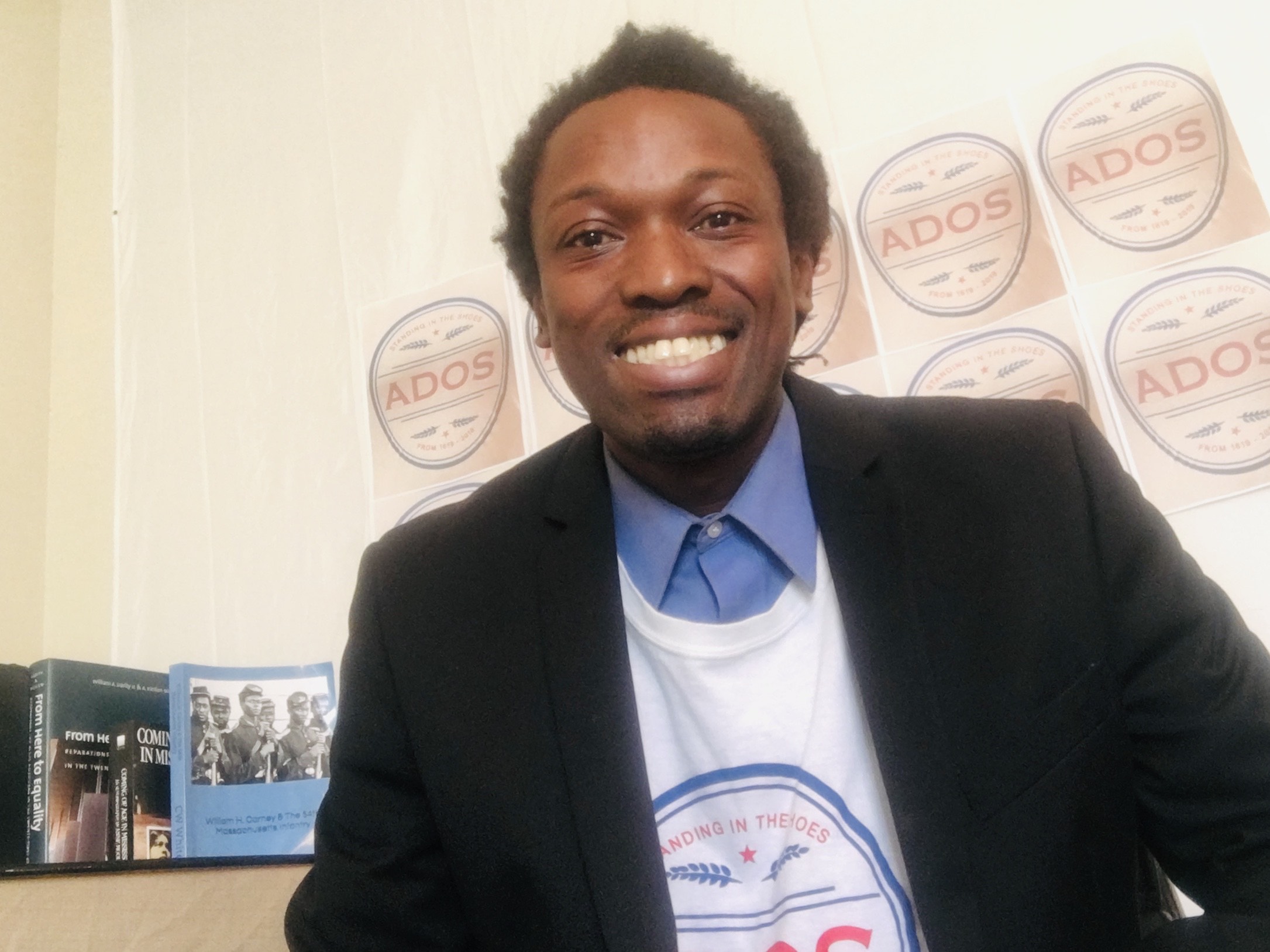If the old saying “As California goes, so goes the nation” holds true, descendants of slavery in Mississippi may soon see state government officials discussing reparations initiatives. However, the debate within the recently formed reparations task force in the Golden State reveals an essential aspect of reparations that supporters of restitution can disagree on: who is eligible.
The United Nations’ General Assembly Resolution outlines the right to remedy and pay reparations to victims of human-rights violations under international law in five specific categories: restitution, compensation, rehabilitation, satisfaction and guarantees of non-repetition. International resolutions for reparations are non-binding, meaning they do not have to become law.
The United States has officially apologized five times for its domestic crimes against humanity, despite never paying restitution for chattel slavery.
Some members of the task force support specificity, meaning they believe compensation should be specifically exclusive to descendants of chattel slavery. Other members of the task force have discussed a more inclusive approach, saying that all Black people in the state—regardless of their particular ancestry and its relation to the institution of chattel slavery—have endured discrimination and are owed redress.
During witness testimony at a reparations task-force hearing on Jan. 27, 2022, California Secretary of State Shirley Weber argued against the committee’s proposed broad eligibility qualifications for the program’s recipients. Weber—the first Black woman elected secretary of state and the fifth Black person to be elected as a state constitutional officer in California’s 170-year history—is the daughter and granddaughter of sharecroppers from Arkansas. Secretary of State Shirley Weber is also the author of Assembly Bill 3121.
AB 3121 established the first-in-the-nation task force to study and make recommendations on reparations for slavery. This bill, now law, charges the California Department of Justice with providing administrative, technical and legal assistance to the task force. Secretary of State Shirley Weber believes the inclusive eligibility framework de-centers the rightful claimants to reparations for slavery.
The task force is going further than reparations language specific to American descendants of U.S. chattel slavery. The task force passed a motion on Tuesday, March 29, 2022, that “defines the community of eligibility based on lineage determined by an individual being an African American descendant of a chattel enslaved person OR the descendant of a Free Black person living in the U.S prior to the 19th century.”
This language opens the door wider than for descendants of chattel slavery.
Who Will Qualify For Reparations?
The question before Weber and us is who should qualify for reparations?
Before Gov. Gavin Newsom signed AB 3121 into law in September 2020, he appointed the “nine-member commission to investigate the history of slavery in the United States, the extent of California’s involvement in slavery, segregation and the denial of Black citizens’ constitutional rights, and to what extent the state benefited from those activities and policies.”
California’s racist efforts included segregated beaches (just like my family fought in Mississippi) and trying to ban Black people altogether.
The task-force members are: Attorneys Lisa Holder, Kamilah Moore, Don Tomaki, Dr. Jovan Scott Lewis, Dr. Cheryl Grills, Professor Eric J. Miller, Senator Steven Bradford, Assembly Member Reginald Jones-Sawyer and Monica Montgomery-Steppe.
Attorney Kamilah Moore, who chairs the task force, recently stated that eligibility requirements for compensation have been a “tricky issue.” “I hope that the reparations package that comes out of this comports with international law standards,” she told the Los Angeles Sentinel.

Rev. Amos Brown, a longtime civil-rights activist and mentee of Dr. Martin Luther King Jr., also voiced his opinion on Jan. 27, 2022, that African Americans who are descended from chattel slavery should be the task force’s sole priority. Born in 1941 in Jackson, Miss., Brown was a few months older than 14-year-old Emmett Till, who was brutally killed in Money, Miss., in 1955—an hour away from Brown’s home.
The anger surrounding Till’s murder sparked a movement for justice among the Black community, and magazine images of Till’s mutilated face led a terrified Brown to the Mississippi field office of the NAACP and its new field secretary, Medgar Evers.
“I told (Dr. King) how upset I was, and just how evil those men were,” Brown told me for the Mississippi Free Press. “And he said to me, ‘Amos, don’t just be sad, mad and upset. Let’s be smart.’” Evers was scheduled to attend the wade-in demonstrations in Biloxi, Miss., the day before he was assassinated.
He Thought He Would Have Had More Choices
Previous Secretary of State Alex Padilla, who now serves in the U.S. Senate, was the last person in Weber’s current position. Prior to her appointment in 2017, Secretary Weber visited her family’s 100-acre farm in Hope, Ark.
There, in former President Bill Clinton’s hometown, she and her cousins swapped stories about shelling peas on her aunt’s screened-in porch, how dark it got at night before the city installed street lights, and, of course, what forced her family to flee—her sharecropper father’s refusal to back down during a dispute with a white farmer, and the lynch mob that threatened to take his life.
Weber told Jessica Calefati of California Matters that her father believed “education is the portal to a better life,” a perspective she shares today.
“My father always felt like if he’d had more of an opportunity to go to school, he would have had more choices in life. Not that he would have been richer or better off,” Weber explained to Calefati. “He made decent money. He thought he would have had more choices.”

ADOS Advocacy Foundation Speaks Out
I spoke with ADOS Advocacy Foundation President and CEO Yvette Carnell regarding the current controversy over the eligibility requirements in the language of California’s reparations bill.
“Ours is an experience defined by the unique, shared cost of multigenerational plunder. And as we stand in the shoes of our ancestors, we insist upon a specific group designation as essential to this undertaking,” Carnell told me. “Our ADOS policy team has specific measures on how genealogy will be determined to solve eligibility.”
Carnell says that, when it comes to reparations, “lineage is the only metric.” She also spoke about how what’s happening in California with AB 3121 constitutes a missed opportunity to have a serious conversation about reparations in America.
“The leadership of the Reparations Task Force should not be giving people who are in fact anti-reparations a space to testify,” Carnell continued.

“And when you have so-called proponents of reparations speaking about how the American Descendants of Slavery don’t bear a particular cost for the harms that were committed on U.S. soil for centuries—costs which live on in a unique way within our group and which must be repaired—then what is missed is a serious task force on reparations.”
The brutal murders of Emmett Till and Medgar Evers still have an impact on my life today. Medgar Evers’ strategic focus—with resolve the boy’s 1955 murder strengthened—created a path forward for my father and generations of civil rights activists in Mississippi. A reparations task force that rejects the demand for specific redress for injustices that are exclusive to the group in which Till and Evers belong threatens their legacies.
What the California reparations task force is doing is in complete betrayal of Secretary of State Shirley Weber and the history of American Descendants of Slavery. True reparative justice is a combination of federal pursuit of prosecutions, fact-finding and compensatory measures that are specific to the victims of the relevant offenders.
From where I sit, many of the task-force members who are pro-reparations for people who do not descend from chattel slavery are masquerading in a performative role, rather than standing in the shoes of their ancestors.
The above MFP Voices piece originally said on Friday, April 8, 2022, that AB 3121 was a sweeping anti-racism bill that mandates reforms to sentencing jury selection and other strategies to counter systemic racism, did not include the current amended language the task force presented and it did not prove that Secretary of State Shirley Weber actually authored the bill. But AB 3121, now law, established the first-in-the-nation task force to study and make recommendations on reparations for slavery. This bill charges the California Department of Justice with providing administrative, technical and legal assistance to the task force. The task force passed a motion on Tuesday, March 29, 2022, that “defines the community of eligibility based on lineage determined by an individual being an African American descendant of a chattel enslaved person OR the descendant of a Free Black person living in the U.S prior to the 19th century.” This language opens the door wider than for descendants of chattel slavery. The above piece now reflects those corrections. We apologize for the errors.
This MFP Voices essay does not necessarily represent the views of the Mississippi Free Press, its staff or board members. To submit an essay for the MFP Voices section, send up to 1,200 words and factcheck information to azia@mississippifreepress.org. We welcome a wide variety of viewpoints.






